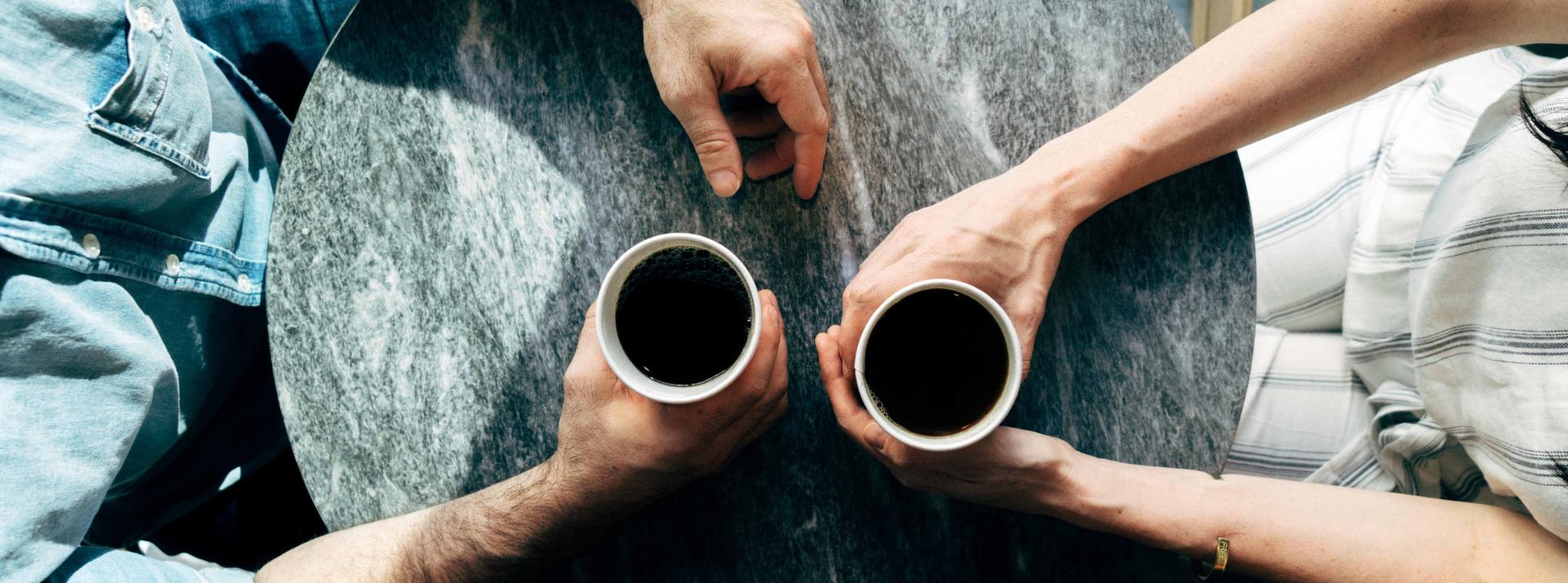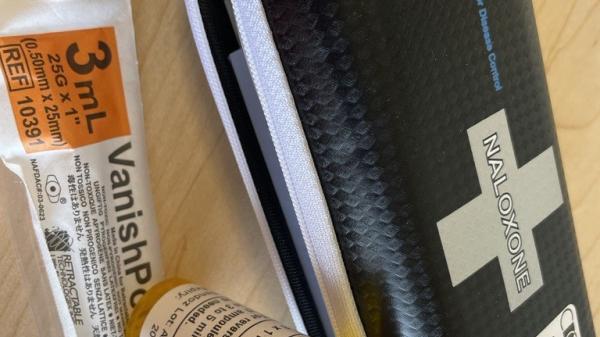Substance use
Many people use substances, like alcohol, tobacco or other drugs. However, if a person is concerned about how their substance use is impacting them, help is available.
Need help immediately?
If there is a life-threatening safety concern, please call 9-1-1 or go to the Emergency Department at your nearest hospital.
Suicide prevention hotline: 1-800-784-2433
BC Crisis Line: 310-6789
Kids Help Phone: 1-800-668-6868
Indigenous Crisis and Support Line - KUU-US Crisis Support Line: 1-800-588-8717
Harm reduction: Toward the Heart
Call Access Central to get substance use care
Call the Vancouver Coastal Health Access Central phone line for a same-day clinical assessment and personalized care plan if you live or stay in the VCH area. Options include inpatient (bed-based) or outpatient (at-home or community-based) services.
Hours of operation are between 9 a.m. to 7:45 p.m. seven days a week.
Our community teams are also available to help you, your family member or friend connect with mental health and/or substance use services. Find your team
Our substance use services support everyone living or staying in the Vancouver Coastal Health region
-
Pregnant people who use substances
- Sheway (Vancouver) : Sheway's Program Model is based on the recognition that the health of women and their children is linked to the conditions of their lives and their ability to influence these conditions. Services are provided in response to the needs of pregnant and parenting women.
- Indigenous Health Outreach (IHO): IHO includes an Outreach Doula service which provides perinatal outreach care (Vancouver).
- Overdose Outreach Team (VCH region-wide): Connecting birthers to support who have recently experienced an opioid overdose and/or who are at high risk for opioid overdose. Serving the qathet region, Whistler, Pemberton, Squamish, Lower Sunshine Coast, Vancouver and the North Shore
- Early Years Public Health Nursing Team (VCH region-wide)
Other services in the region include BC Women’s Hospital and Health Centre for families in recovery (FIR) (Provincial access, based in Vancouver) and St. Paul’s Hospital Maternity in Vancouver.
-
2SLGBTQIA+ people who use substances
- Vancouver Addiction Matrix Program (VAMP):VAMP is a 12-week outpatient group. VAMP is open to adults aged 18 and over living in Vancouver who are experiencing challenges with substance use. There are 2 streams; one for all-gender and one for gay, bisexual, queer and trans men.
Other services include HIM and VCH Trans Speciality Care (Vancouver).
-
Deaf, Hard of Hearing and Deaf-Blind
The VCH Deaf Well-Bring Programoffers services to the deaf, hard of hearing and deaf-blind community. Their website lists their services which includes substance use support services.
-
Indigenous people who use substances
- Indigenous Health Outreach (IHO): supports unhoused or precariously housed people in the Downtown Eastside (DTES) community in Vancouver with complex mental health and/or substance use challenges and connects them to cultural supports and health service.
- Indigenous Crisis Response Team (Vancouver): provides same-day mobile mental health and wellness crisis response services for people who may be experiencing or nearing a mental health crisis and who may or may not actively use substances.
- Indigenous Youth Outreach (Vancouver): Provides outreach services specific to Indigenous Youth through Indigenous Health Outreach for unhoused or precariously housed people in the Downtown Eastside (DTES) community in Vancouver with complex mental health and/or substance use challenges and connects them to cultural supports and health services
-
People who use methamphetamine
- Goal Getters, part of Substance use services at Three Bridges Community Health Centre, supports people trying to change their meth use. (Vancouver) See the Three Bridges Substance use services calendar.
-
Women who use substances
- Sisters Together in Active Recovery (STAR) (Vancouver): STAR offers free group and short-term counselling options for women having problems related to the use of drugs or alcohol.
Services
-
Access Central - Detox Referral Line
-
Central Addiction Intake Team (CAIT)
-
Overdose Outreach Teams
-
Harm Reduction Supplies & Needle Distribution Sites
-
Addiction Medicine
-
Addiction Recovery Program (ARP)
-
Withdrawal management services (detox)
-
Drug Checking
-
Family Support and Involvement Program
-
Intensive Case Management Teams (ICMT)
-
Lighthouse Virtual Substance Use Care Clinic
-
Mental health and substance use supported housing
-
Mental Health and Substance Use Outpatient Services
-
Primary Care Clinics
-
Safe Babies Program
-
Sheway Pregnancy Outreach Program
-
Sisters Together Active in Recovery (STAR)
-
SMART Recovery
-
Substance Use Counselling
-
Substance Use Public Education
-
Substance-Use Treatment And Response Team (START)
-
Vancouver Addiction Matrix Program (VAMP)
-
The Junction
-
Youth Central Addiction Intake Team (CAIT)
-
Youth Concurrent Disorders Services
-
Youth Day Treatment Program
-
Youth Home Stabilization Program
-
Youth Intensive Case Management Teams (YICMT)
-
Supporting and Connecting Youth (SACY) Substance Use Prevention Initiative
-
Supporting and Connecting Youth Leadership & Resiliency Program
-
The Foundation Program
-
Sunshine Coast Youth Program (SCYP)
-
Downtown Eastside Youth Outreach Team (YOT)
-
Youth Assertive Outreach Mental Health Team
-
Integrated Child & Youth Team (ICY)
-
Young Bears Lodge
-
How to access mental health and substance use services
-
Opioid Agonist Treatment (OAT)
-
Peak House
-
Rapid Access Addiction Clinic (RAAC)
-
Supervised Consumption and Overdose Prevention Sites
-
Tertiary Mental Health and Substance Use Services
-
Vancouver Intensive Health Outreach Team (IHOT)
-
Vancouver Needle Distribution and Recovery Van






